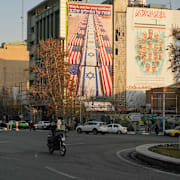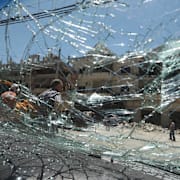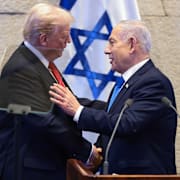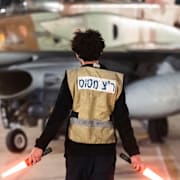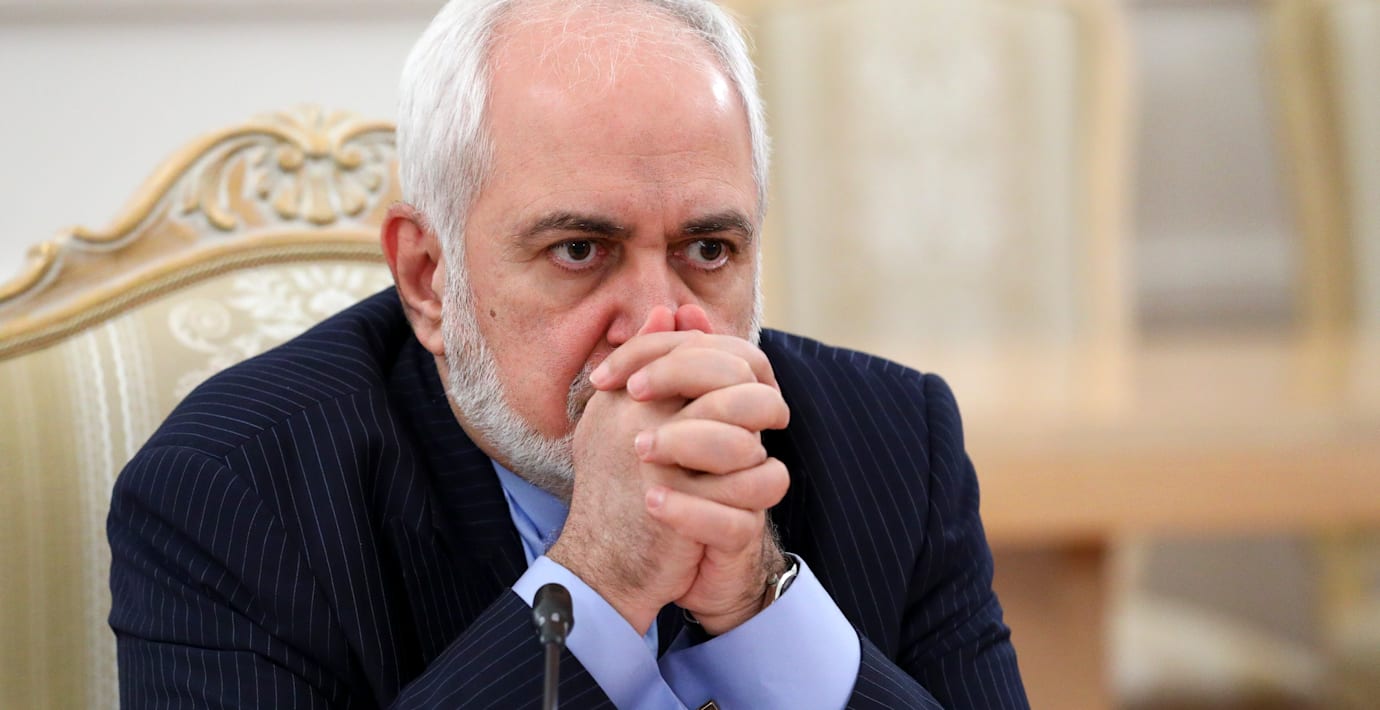
Iran pekar ut Israel för ”terror” mot anläggning
Iran anklagar ärkefienden Israel för sabotage i samband med en incident på kärnenergianläggningen Natanz under söndagen.
I ett tv-sänt tal utlovar Irans utrikesminister Mohammad Javad Zarif hämnd, skriver internationella nyhetsbyråer.
Iran har beskrivit tillbudet som ”kärnenergiterrorism” men har inte officiellt kommenterat några detaljer kring det inträffade. Enligt New York Times ska det ha rört sig om ett strömavbrott som orsakats av en medvetet utförd explosion. Tidningen skriver att både amerikanska och israeliska underrättelsekällor uppger att Israel haft en roll i händelsen.
bakgrund
Relationen mellan Israel och Iran
Wikipedia (en)
Iran–Israel relations can be divided into four major phases: the period from 1947 to 1953, the friendly period during the era of the Pahlavi dynasty, the worsening period from the 1979 Iranian Revolution to 1990, and finally the hostility since the end of the First Gulf War. In 1947, Iran was among 13 countries that voted against the UN Partition Plan for Palestine. Two years later, Iran also voted against Israel's admission to the United Nations.
Nevertheless, Iran was the second Muslim-majority country to recognize Israel as a sovereign state after Turkey. After the 1953 coup d'état, which re-installed pro-Western Mohammad Reza Pahlavi to power, relations between the two countries significantly improved.After the 1979 Revolution, Iran severed all diplomatic and commercial ties with Israel, and its Islamic government does not recognize the legitimacy of Israel as a state. The turn from cold peace to hostility started in the early 1990s, shortly after the collapse of the Soviet Union and defeat of the Iraqi Army during Desert Storm, after which relative power in the Middle East shifted towards Iran and Israel. The conflict escalated in the early 1990s, as Yitzhak Rabin's government adopted a more aggressive posture on Iran. Rhetorical conflict heated up during the presidency of Mahmoud Ahmadinejad, who made inflammatory statements against Israel. Other factors which contributed to the escalation of tensions include Iran's development of nuclear technology relative to Israel's long-stated Begin Doctrine, Iranian funding of groups like Hezbollah, Islamic Jihad and Hamas, and alleged involvement in terrorist attacks such as the 1992 attack on Israeli embassy in Buenos Aires and the 1994 AMIA bombing, alleged Israeli support for groups like People's Mujahedin of Iran or Jundallah and alleged covert operations in Iran including assassinations and explosions.
Natanz
Omni är politiskt obundna och oberoende. Vi strävar efter att ge fler perspektiv på nyheterna. Har du frågor eller synpunkter kring vår rapportering? Kontakta redaktionen
